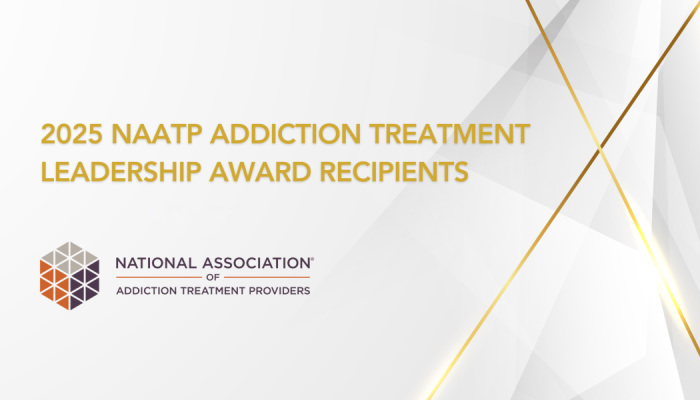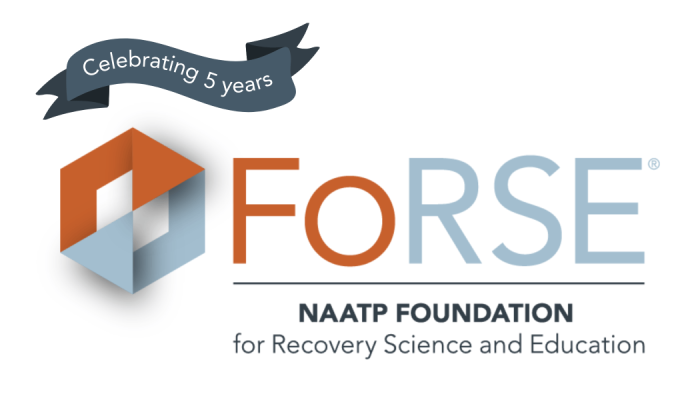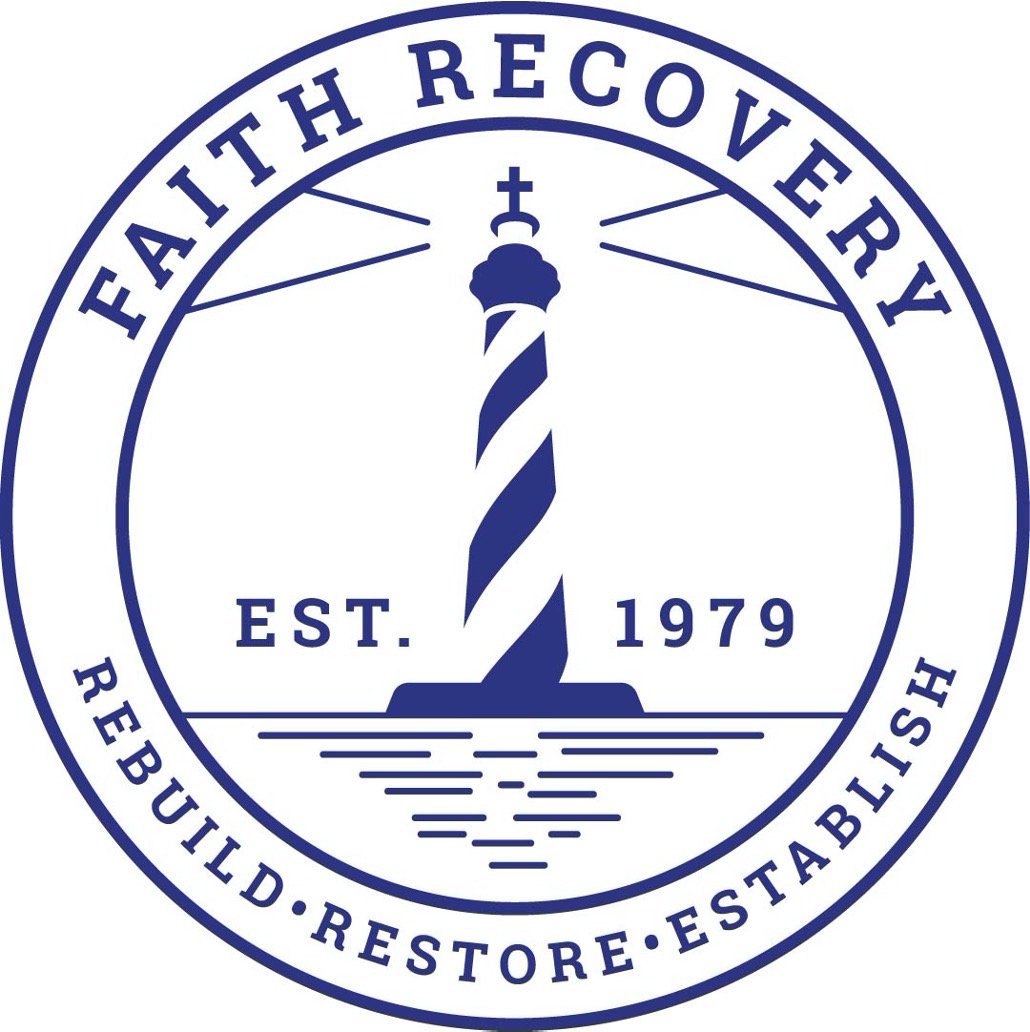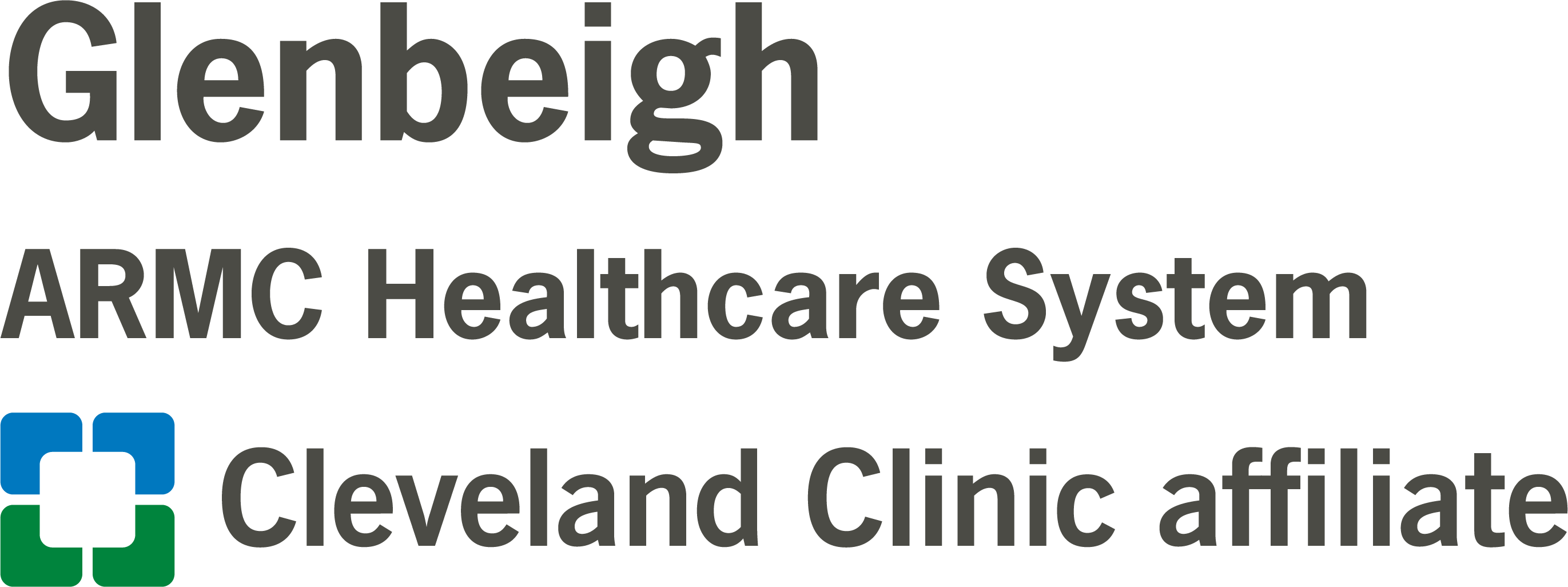Jul 25, 2023
Today the Administration published a new proposed rule designed to help enforce parity through the Mental Health Parity and Addiction Equity Act (MHPAE) which was passed in 2008. The law prohibits insurance companies from discriminating with their coverage of mental health and substance use disorder issues. Several attempts have been made by Congress to advance enforcement, but those measures have fallen short.
NAATP has been at the forefront of advocating enforcement of this bi-partisan law. We commend the Administration for their willingness to enforce Parity which will help save millions of lives. We also congratulate our coalition partners who have also worked diligently to achieve full enforcement, particularly the Kennedy Forum.
These proposed regulations from HHS and the Treasury and Labor departments would mandate that insurers analyze their coverage to ensure equivalent access to mental health care based on outcomes. Insurance companies would have to look at how they respond to requests from doctors to authorize treatments for substance use disorder and mental illness, as compared to physical ones. They would also be required to analyze their provider networks and how much they reimburse providers out of network for these services compared to physical health. Reimbursement rates are a critical issue and have exacerbated the workforce challenges for substance use treatment providers.
The rule would also establish when health plans cannot require doctors to obtain the insurers’ prior authorization to prescribe a medicine or procedure, or otherwise put up roadblocks for patients seeking mental health, as well as substance use, treatment. Insurers could face fines for failing to offer comparable coverage for mental health. NAATP has advocated for the ability to fine insurers who continually ignore the law with few consequences.
The proposed rule is available for 60 days for comment and could then take effect. You may read the proposed rule here.
NAATP will provide comments in support of the proposed rule and will be asking members to do the same once a comments process has been established.





















